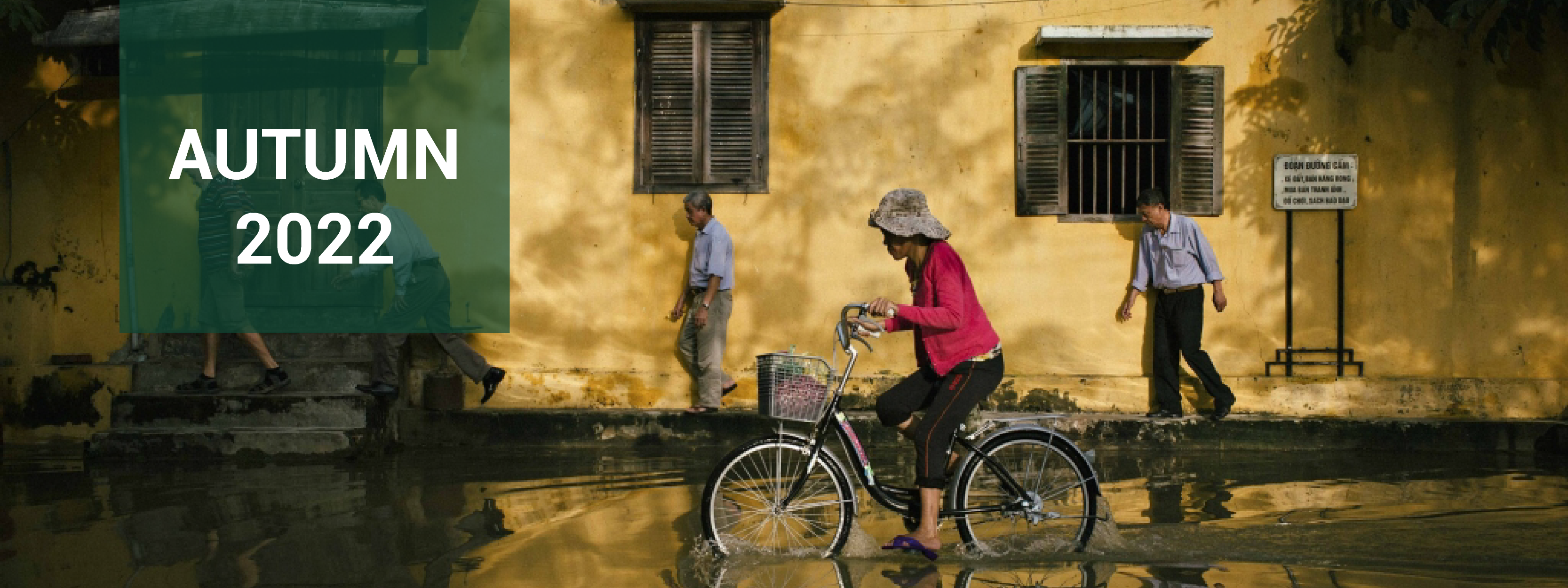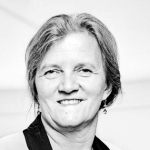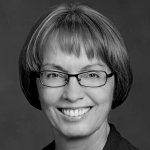
Adaptation and sustainable risk management
The effects of climate change are becoming more and more tangible. Especially in recent years extreme events such as heat waves, heavy rains and floods are becoming more frequent. Based on the results of the IPCC, it is clear that in some regions of the world, there would be fewer droughts, heat waves, heavy rain events and floods if global warming could be limited to 1.5 °C instead of 2 °C by the end of this century. The course aims to understand how risks occur and how they can be assessed and managed, focusing on the interaction between the physical and human environment and how risks are shaped by their interactions. This requires understanding both physical and geographical processes and economic and human development under climate change.
Bertinoro (FC)
Location
3 October 2022 - 15 October 2022
Dates
88 h
Total number of hours
20
Number of participants
€ 400,00
Registration Fee
July 31
Application deadline
The course will consist of lectures, discussions, and participative exercises in small break-out groups. The topics which will be tackled during the course comprise the following:
- Global and regional processes of climate change and related extreme events
- Georisks: Quantitative assessment and risk management
- Assessment of climate change-induced hydro-meteorological hazards
- Climate change’s impacts on health and human well-being
- Climate change impacts on infrastructures
- Financing risks
- Concept of climate-resilient development
- Role of climate services for adaptation to climate change and risk management
- Uptake and use of climate services (case studies and municipal practices)
Daniela Jacob, Director of the Climate Service Center Germany (GERICS): Overview of global and regional climate change and climate data; understanding the climate-resilient development; co-creation of climate service products together with practitioners in urban areas;
Laurens Bower, senior scientist at the Climate Service Center Germany (GERICS): Overview on Georisks and assessment of basic components of hazard, exposure and vulnerability; Risk reduction, adaptation, and decision-making;
Kristie Ebi, Professor at the Center for Health and the Global Environment, University of Washington, Seattle: Climate change impacts on health and human well-being;
Maria Manez, Professor at the Polytechnic University of Valencia: System thinking and participatory processes for policy development and System Dynamics Modelling;
Participants will get an overview of the background on global and regional processes of climate change and related impacts on different environmental and social sectors, such as water cycle, health sector, infrastructures, financial issues etc. The concept of climate resilient developments will be introduced, and participants will gain insight into the quantitative assessment of risks and risk management using system thinking. Processes related to policy support (IPCC, WCRP, CORDEX, EU Mission Board) and the role of science and climate services in these processes will be presented. Furthermore, participants will learn to work on defined subject areas in small groups.

Daniela Jacob – Director of the Course
Prof. Dr. Daniela Jacob is a meteorologist and Director of the Climate Service Center Germany (GER-ICS), a scientific organizational entity of Helmholtz-Zentrum Hereon, and a visiting professor at Leuphana University, Faculty of Sustainability. She was a coordinating Lead Author of the IPCC Special Report on the impacts of global warming of 1.5°C above preindustrial levels and one of the Lead Authors of the IPCC Fifth Assessment Report (Working Group 2). Daniela Jacob is chair of the German Committee Future Earth (DKN) and co-chair of the WPN2030. She was a member of the European Commission’s Mission Board on “Adaptation to Climate Change including Societal Transformation”. Additionally, she is a member of the ‘Earth League’, an international alliance of prominent scientists from world‐class research institutions, as well as a member of several other committees. Her main research fields and areas of interest are local and regional climate modelling, the hydrological cycle, climate services and adaptation to climate change. Moreover, Daniela Jacob is Editor-in-Chief of the Journal “Climate Services”, a new scientific Journal she co-founded with Elsevier.

Kristie L. Ebi
Dr. Kristie L. Ebi has been conducting research on the health risks of climate variability and change for 25 years, focusing on understanding sources of vulnerability, estimating current and future health risks of climate change, designing adaptation policies and measures to reduce risks in multi-stressor environments; and estimating the health co-benefits of mitigation policies. She has supported multiple countries worldwide in assessing their vulnerabilities and implementing adaptation policies and programs. She has edited four books on aspects of climate change, has more than 200 publications, and has been an author on multiple national and international climate change assessments.

Maria Manez
María Máñez Costa applies system thinking and analysis to support climate services development. María is an expert in participatory modelling and has been working in the last 20 years on developing participatory processes and models. Her research focuses on innovative transdisciplinary approaches supporting transitions to resilient societies. Her work repeatedly lies at the interface between science and society. Topic-wise, María works on water management adaptation themes, including the interface between urban resilience and agriculture or nature-based solutions. María has been involved in the development of the field of climate services since 2009. Since the academic year 2013, she has been a visiting professor at the Polytechnic University of Valencia and has successfully taught Participatory Modelling and System Dynamics. She also supervises PhDs and Master Students in different institutions.

Laurens Bouwer
Dr. Laurens Bouwer is a senior scientist at the Climate Service Center Germany (GERICS), of the Helmholtz-Zentrum Hereon. He is an expert on the assessment of climate risk, and has worked extensively on the use of impact and vulnerability models. Besides the research work, he has advised national and local governments, international organisations such as the World Bank, and insurance companies on managing these risks. Laurens has led several research and consultancy projects related to risks and adaptation including the development of impact and damage models, and approaches for adaptation planning. In addition, he has been participating as (lead) author in several reports of the Intergovernmental Panel on Climate Change (IPCC).
Location
The course will be held at the University Residential Center of Bertinoro (Ce.U.B).
Bertinoro is situated halfway between the cities of Forlì and Cesena, 6 km away from SS9 (Via Emilia). Forlì is the town of reference for transport by train and bus to and from Bertinoro.
Accommodation
Accommodation will also be at the University Residential Center of Bertinoro (Ce.U.B). Please remember that participation in presence is mandatory.
The school is offering limited financial assistance to cover the accommodation costs. If you are interested, please check the section below.
Lunches and dinners are provided by the school. Participants are free to make their own arrangements at their own expense. The school will not cover any additional costs.
When booking the accommodation, please be aware of the fact that the activities will finish on Saturday 15 October.
Transport
Nearest airport: Bologna’s airport “Guglielmo Marconi”
On how to reach the Centre, please consult this link
The school offer limited financial assistance based on the applicant’s needs. It will cover accommodation expenses in Bertinoro. If interested, please specify it in the application form in the dedicated section. You can also leave a statement (max 200 words) explaining why you should benefit from this assistance.
The assistance WILL NOT cover travel costs.
Since there is a limited number of places, you are encouraged to apply early to avoid disappointment.
If accepted, you will receive an email confirming your financial assistance by secretariat@fersschool.it

